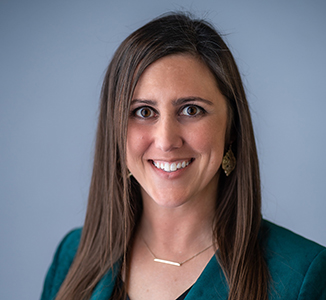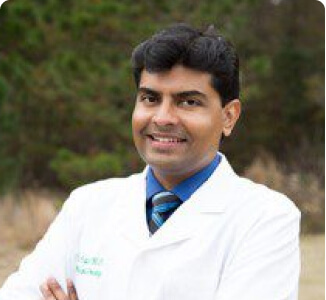
COA Patient Advocacy Network (CPAN)
The Community Oncology Alliance Patient Advocacy Network (CPAN) is a national advocacy organization committed to raising awareness of independent, community cancer care centers and how national and local health care policy issues may affect patient care. CPAN’s network of more than 30 community cancer practice-based chapters spans 17 states, connecting and activating committed, passionate people who advocate for the protection of locally delivered cancer care.
CPAN advocates include patients, survivors, caregivers, and members of the oncology care team. CPAN advocates share personal stories so policymakers and the community can understand the importance of personalized, affordable cancer care close to where patients live and work.
CPAN is the Community Oncology Alliance’s (COA) patient connection—educating and ensuring patients understand the importance of advocating for and preserving community oncology.
Why Community Oncology?
A community oncology practice is a local cancer treatment clinic, usually owned and operated by oncologists who may be longtime community residents. They serve people living in the community with personal, convenient care tailored to their needs. A community oncology practice is not part of a big health system, academic medical center, or teaching institution, and provides cancer care that is a vital treatment option for many people who have cancer. Some would have to travel great distances to obtain treatment if it weren’t for their local community practice.
CPAN chapters organize advocates around key issues at the state and federal levels. The work of CPAN strengthens COA’s efforts and contributes to the organization’s success. CPAN advocates’ work is more important than ever. Community cancer clinics are closing at an alarming rate, due in part to policies that create barriers to efficient and effective care delivery and bureaucratic burdens that overrule physician expertise. CPAN advocates share their experiences with policymakers on Capitol Hill and at the state level and leverage traditional and social media to ensure their voices are heard.
How Do I Get Involved?
An advocate’s story is the single most powerful tool to fight for the future of community oncology. No matter your role—advocate, chapter leader, policymaker liaison, storyteller, on-the-ground supporter, and more—you will play a vital part. CPAN needs passionate, motivated cancer care advocates. You will join a community working together to positively influence cancer care policy across the country and in states. Membership is free and everyone is welcome.
Get To Know Our Leadership
Advisory Board
In response to a growing network of advocates, the COA Patient Advocacy Network (CPAN) has appointed its first formal advisory board. As CPAN expands and evolves, it is important to have a national structure of leaders to guide development and process feedback from members and chapters. This board was selected based upon each member’s commitment to CPAN and their previous work supporting patient advocacy.
CPAN is a national advocacy organization committed to raising awareness of independent, community cancer care and the issues that affect it. CPAN advocates, patients, survivors, caregivers, nurses, pharmacists, oncologists, and more, share their personal stories and advocacy power so elected officials understand the importance of local, affordable, and accessible cancer care close to where they live and work. The 30 CPAN practice-based chapters around the country educate, engage, and activate CPAN advocates around key national cancer care issues. CPAN membership is free, and we welcome your voice.
The board is a 15-member body representing 13 practices from 11 states. The members come from a variety of backgrounds, from communications to social workers to nurses to cancer survivors. The variety among board members represents the wide variety of advocates in CPAN. In their duties, the board will work alongside CPAN Medical Co-Chairs Emily Touloukian, DO, and Harsha Vyas, MD, FACP, and Director of Patient Education & Advocacy Rose Gerber. The advisory board will contribute their insight into the evolution of CPAN with the goals of directly aligning CPAN’s efforts to support COA’s policy initiatives.
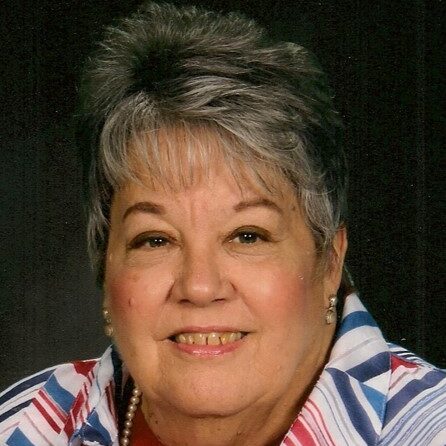
Betty Apt
CPAN Advocate/Cancer Survivor
Northwest Georgia Oncology Centers
Marietta, Georgia
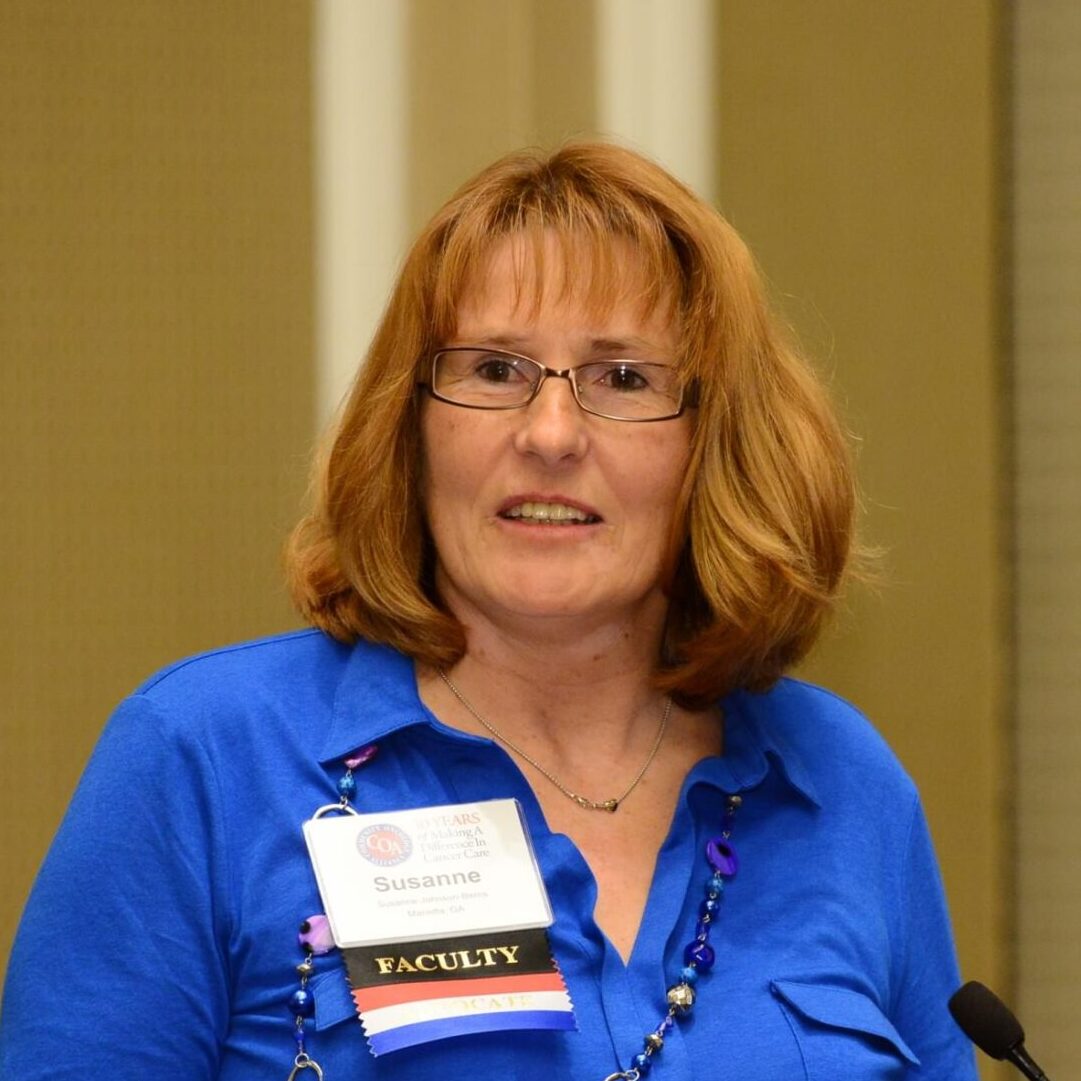
Susanne Johnson-Berns, BSA, GGCP
Accounting/Purchasing Department Manager
Northwest Georgia Oncology Centers
Marietta, Georgia
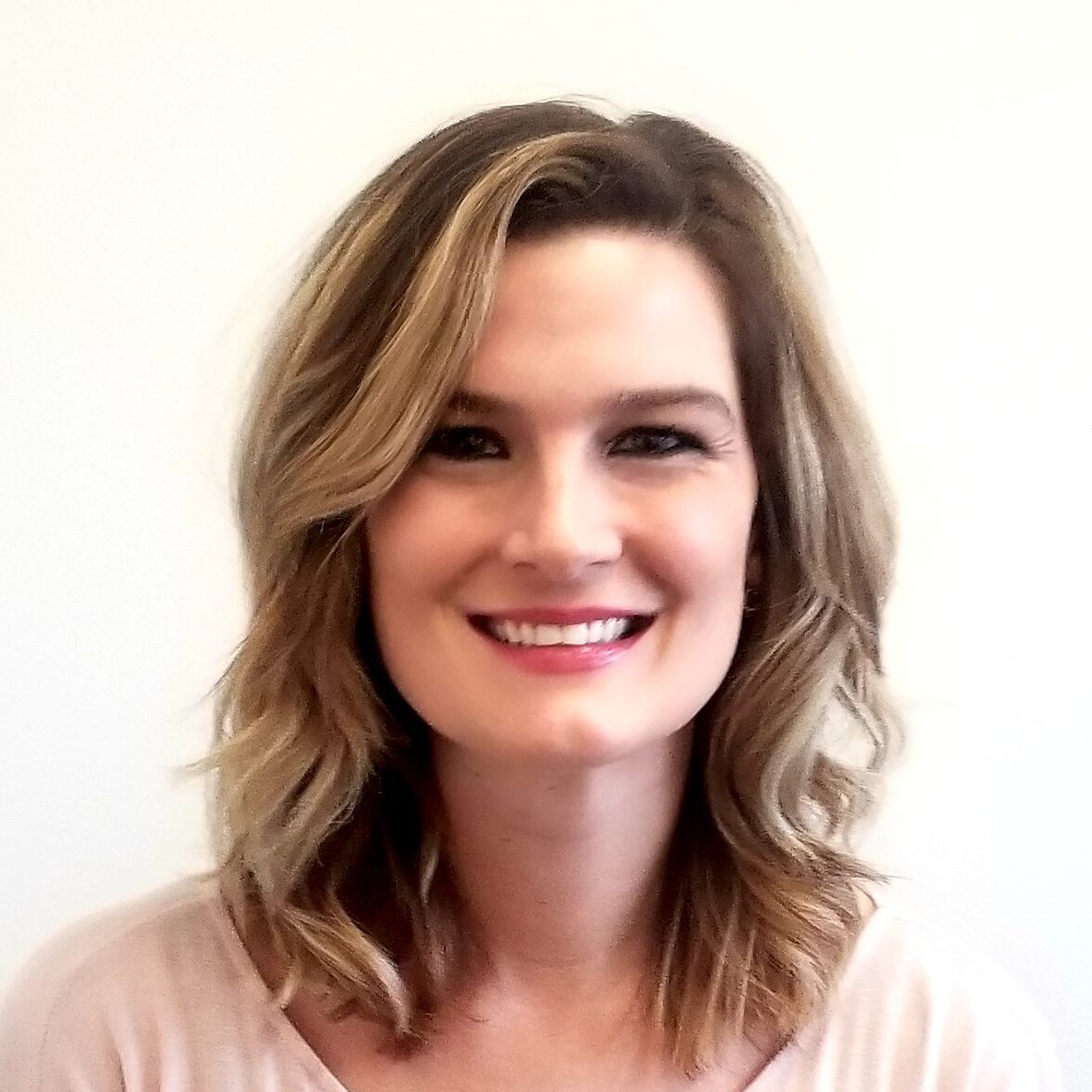
Abra Kelson, LCSW
Social Worker Supervisor
Northwest Medical Specialties
Puyallup, Washington
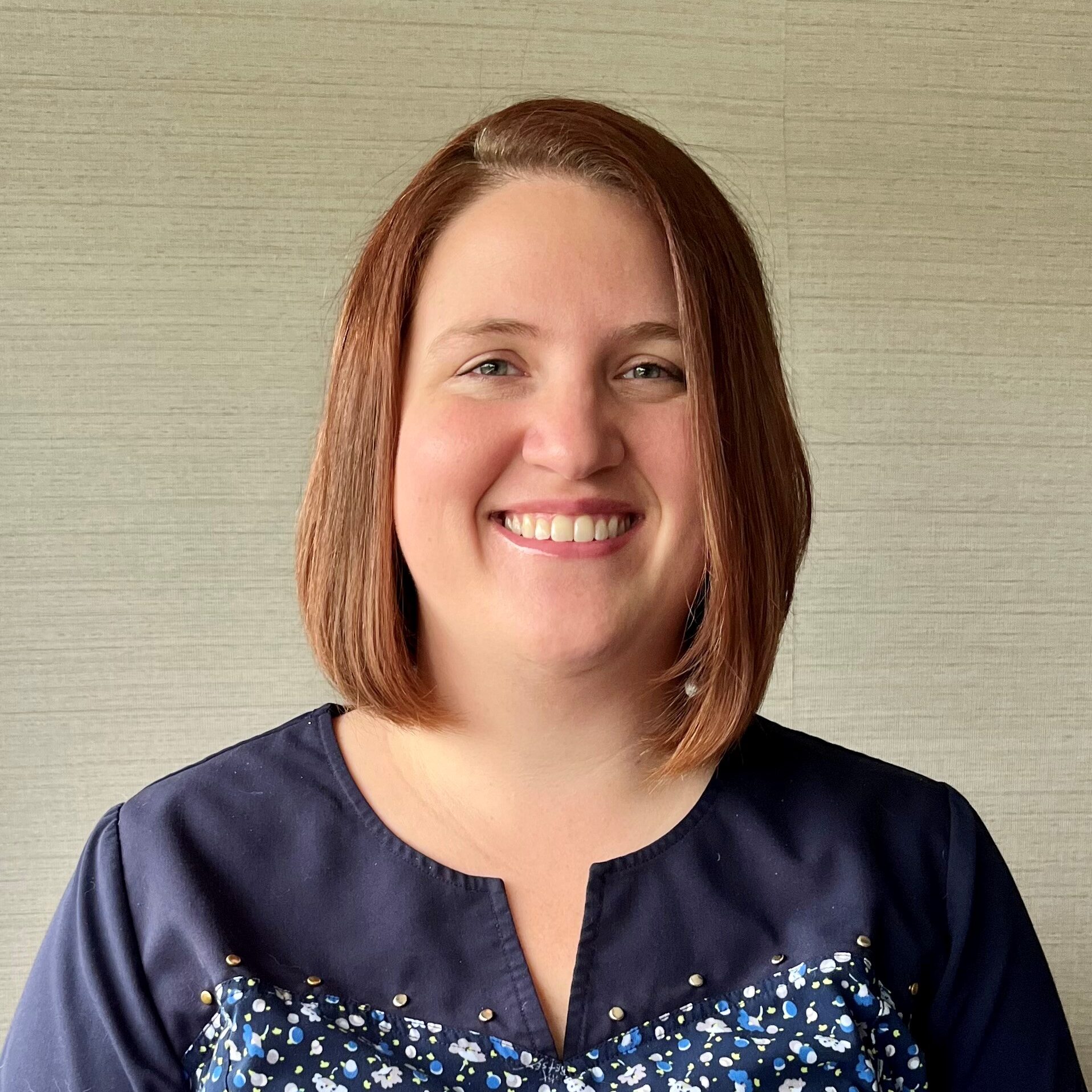
Chelsea Klock, RN, OCN
Hematology-Oncology Associates of CNY
East Syracuse, New York
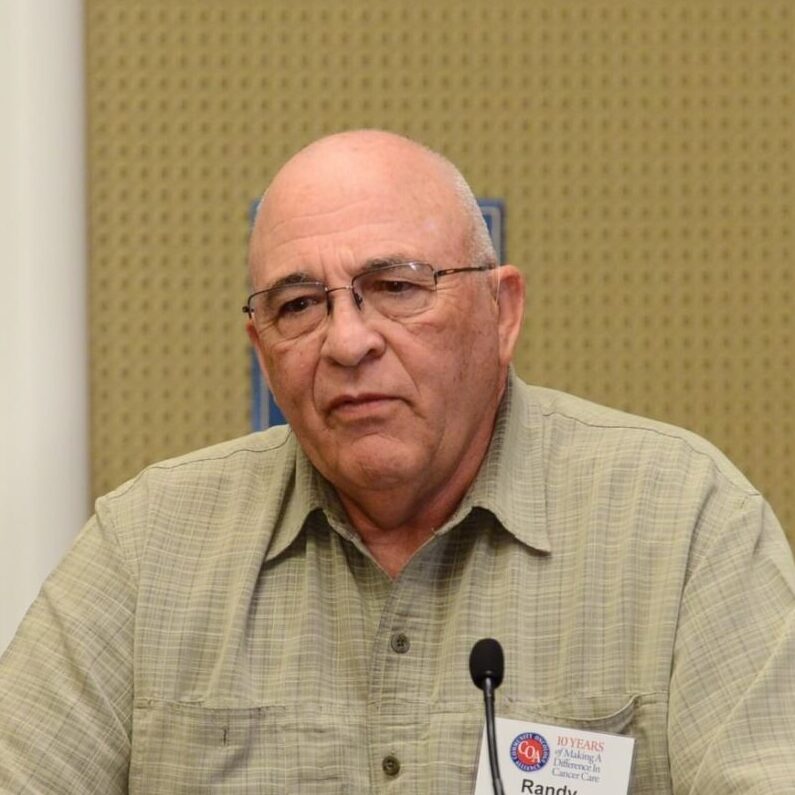
Randy Mansfield
CPAN Advocate/Cancer Survivor
Utah
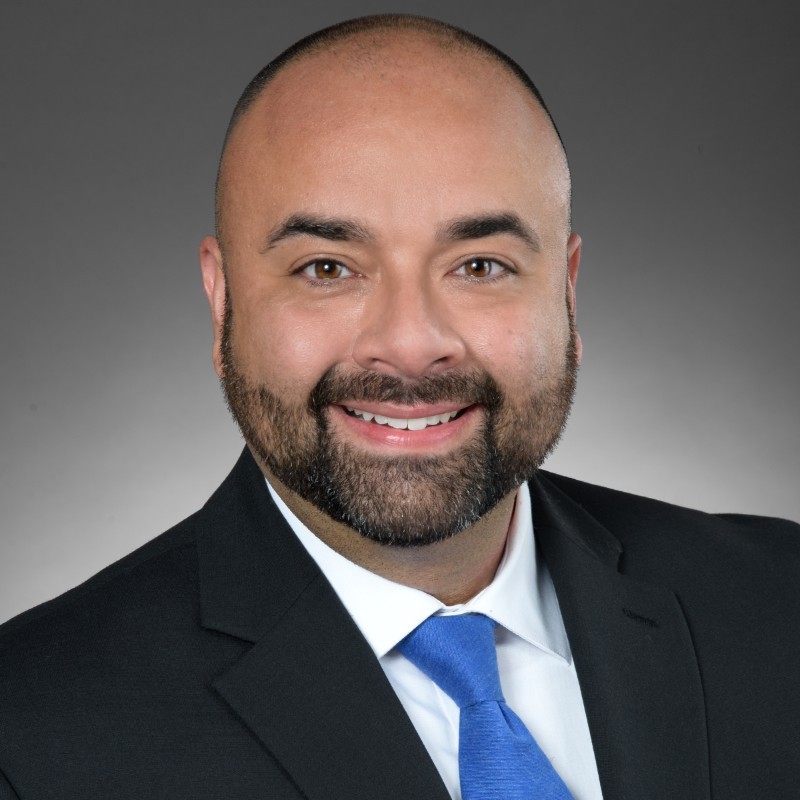
Lance Ortega, MBA, BSN, RN, OCN
Director of Nursing
Texas Oncology
Dallas, Texas
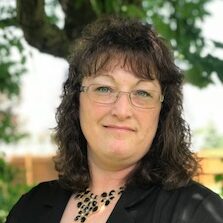
Lisa Poiry, RN, OCN
EMR Coordinator
Fort Wayne Medical Oncology and Hematology
Fort Wayne, Indiana
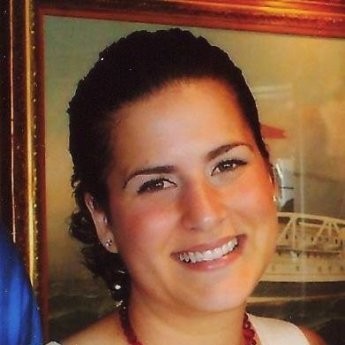
Cynthia Przekop, RN, BSN
Clinical Nurse Manager
Eastern Connecticut Hematology and Oncology
Norwich, Connecticut
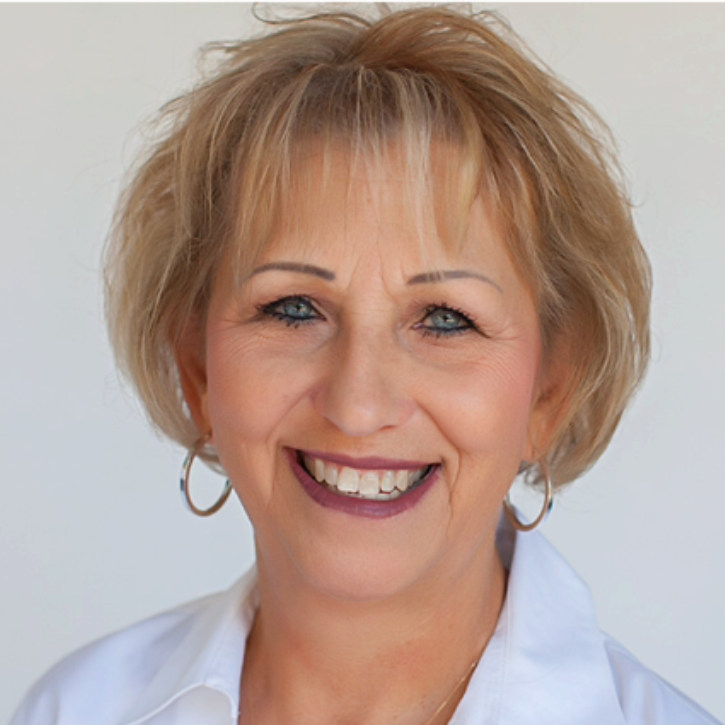
Tami Ramey
CPAN Advocate/Cancer Survivor
The Center for Cancer & Blood Disorders
Fort Worth, Texas
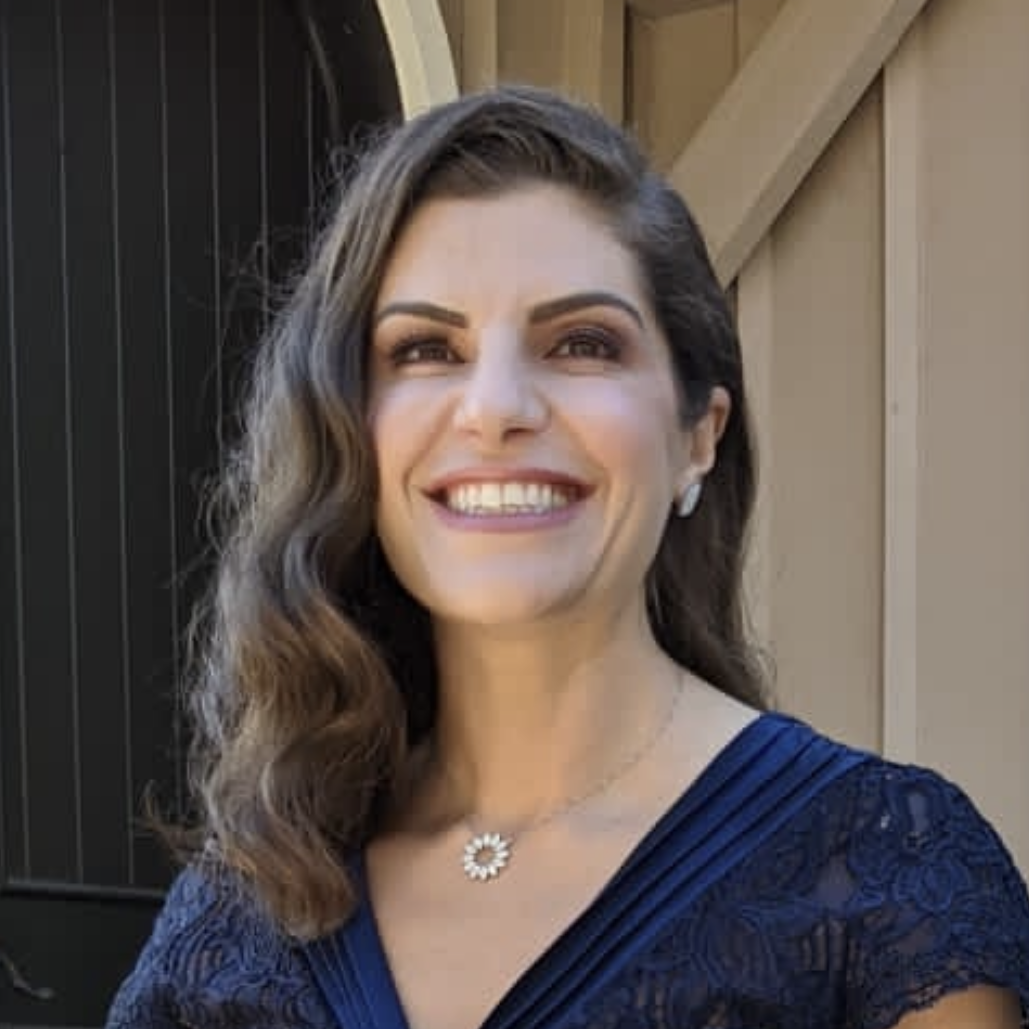
Jihane Saade, RN
Regional Cancer Care Associates
Westwood, New Jersey
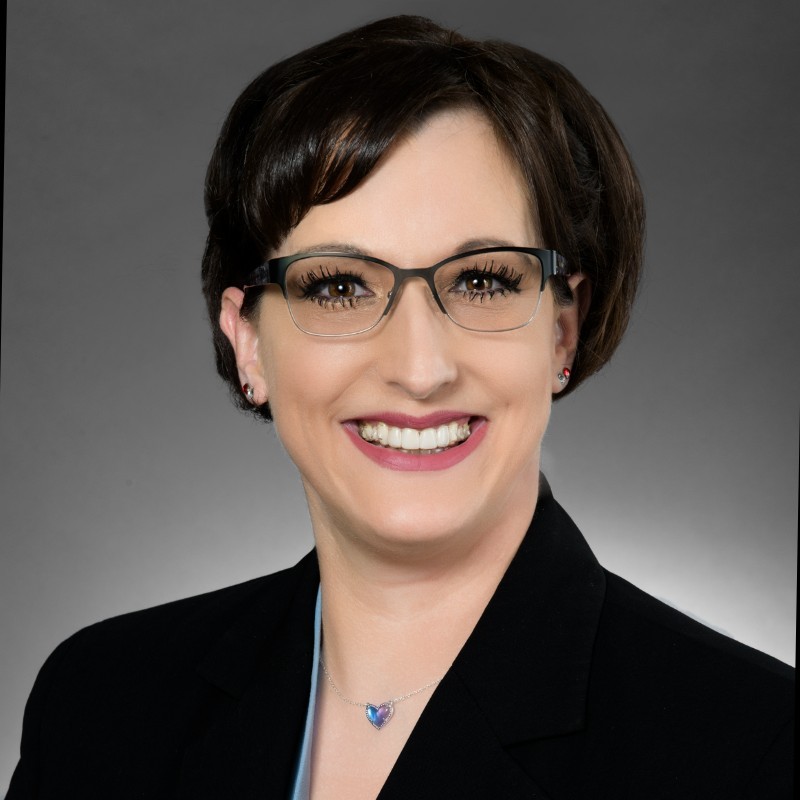
Jennifer Sassano, MSN/MHA, MSP BH, RN NE-BC
Manager, Nursing Float Pool
Texas Oncology
Dallas, Texas
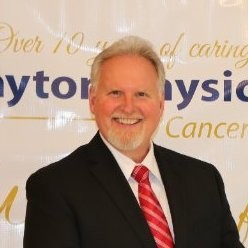
Jeff Sergent
Director of Marketing & Business Development
Dayton Physicians Network
Dayton, Ohio
CPAN Administration
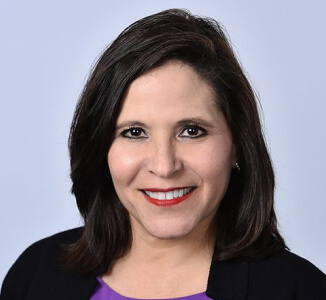
Rose Gerber
DIRECTOR OF PATIENT ADVOCACY AND EDUCATION
Community Oncology Alliance
Virginia Beach, VA
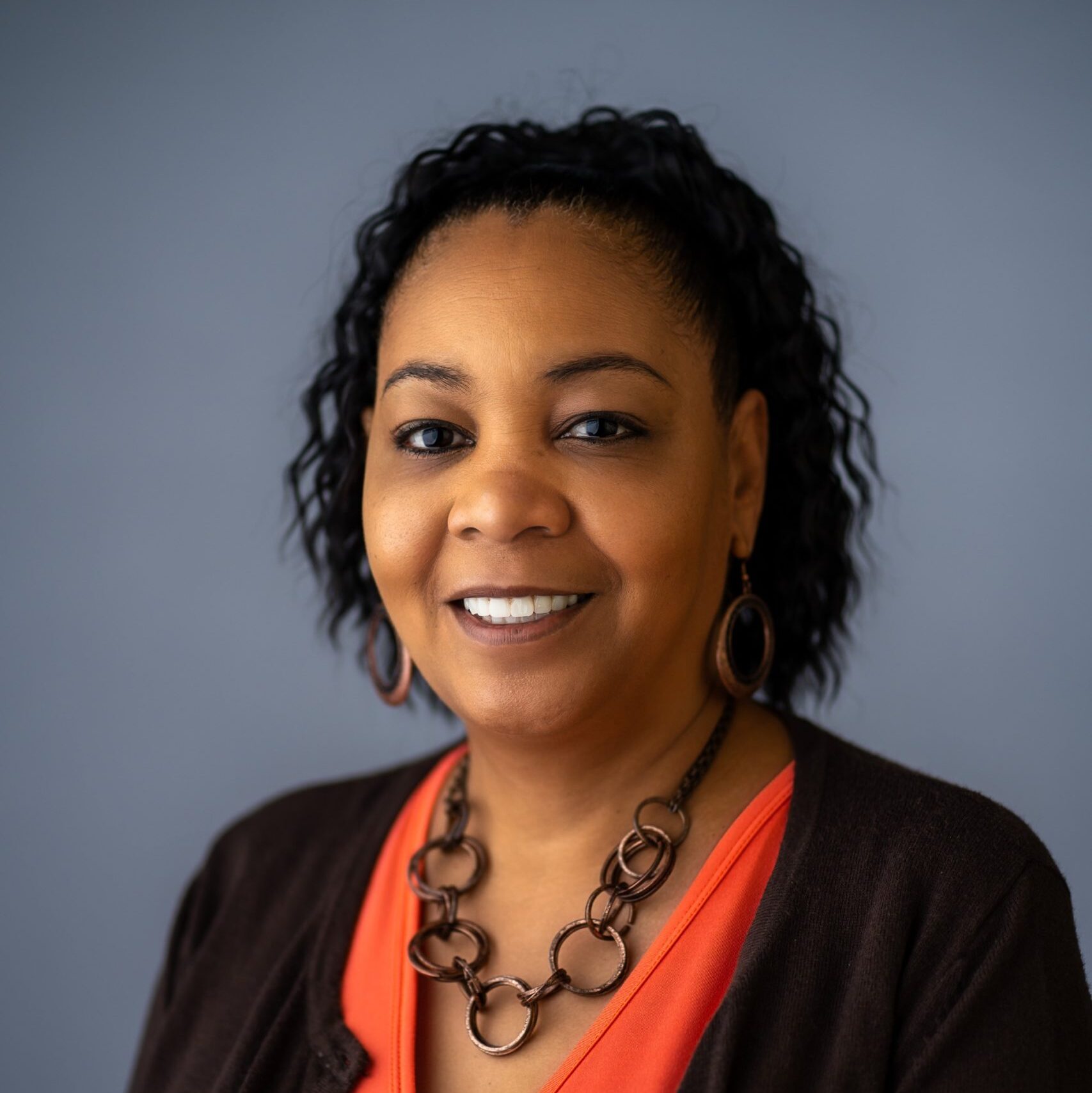
Tracey Banks
CPAN Executive Assistant
Community Oncology Alliance
Virginia Beach, VA


